
In industrial environments, electrical safety and reliability are top priorities. A critical yet often overlooked part of achieving this lies in the correct use of Cable gland components. These small parts work together to ensure that cables are securely connected, sealed, and protected against external influences like dust, water, vibration, and chemicals. Whether in power plants, oil & gas facilities, marine industries, or manufacturing sites, understanding the role of cable gland components can make all the difference in maintaining safe and long-lasting electrical systems.
What Are Cable Gland Components?
Cable glands are not just single pieces—they are assemblies made up of different components. Each part has a specific function, and together, they provide a complete solution for terminating and protecting cables. Choosing the right components ensures that the gland performs effectively in the environment it’s installed in.
Key Cable Gland Components and Their Functions
Here’s a breakdown of the most important components you’ll find in a typical cable gland:
1. Locknut
Locknuts are used to fix the gland body securely to the enclosure or equipment. They prevent movement or loosening caused by vibration, making them essential in industrial applications.
2. Seal (Inner and Outer)
Seals are responsible for creating a tight grip on the cable and preventing entry of dust, water, or chemicals. Inner seals protect the conductor, while outer seals shield the outer sheath of the cable.
3. Clamping or Armor Cone
In armoured cable glands, this component secures the cable’s armor, providing both mechanical retention and electrical continuity. It is vital for earthing and grounding in hazardous areas.
4. Shroud
Shrouds act as a protective cover over the gland. They improve ingress protection and also offer a clean, professional finish to installations.
5. Earth Tag
Earth tags provide a safe connection point for grounding the gland and cable. This is especially important in high-voltage or hazardous installations to reduce electrical risks.
Tips for Choosing the Right Cable Gland Components
Understand Your Cable Type: Armoured and unarmoured cables require different sets of components.
Check the Installation Environment: For outdoor or marine use, prioritize components with weatherproofing and corrosion resistance.
Ensure Material Quality: Brass, stainless steel, and nickel-plated materials are common choices, each suited to different conditions.
Prioritize Standards Compliance: Look for components that meet international standards like ATEX or IECEx for hazardous environments.
Why Cabex India Is a Trusted Source
When it comes to sourcing cable gland components, choosing a reliable supplier is crucial. Cabex India is a trusted manufacturer and supplier known for providing high-quality, durable, and internationally compliant cable glands and accessories. Their product range is designed to perform under demanding conditions, offering solutions for industries like oil & gas, power, marine, and manufacturing.
With Cabex India, you can be confident that every component—from locknuts to earth tags—is engineered to enhance safety and reliability in your electrical systems.
Conclusion
Each part of a cable gland plays a vital role in ensuring safe, secure, and efficient cable terminations. By understanding cable gland components and choosing the right ones for your application, you can significantly improve the reliability and safety of your installations.
For premium-quality cable glands and components that meet global standards, visit Cabex India today.

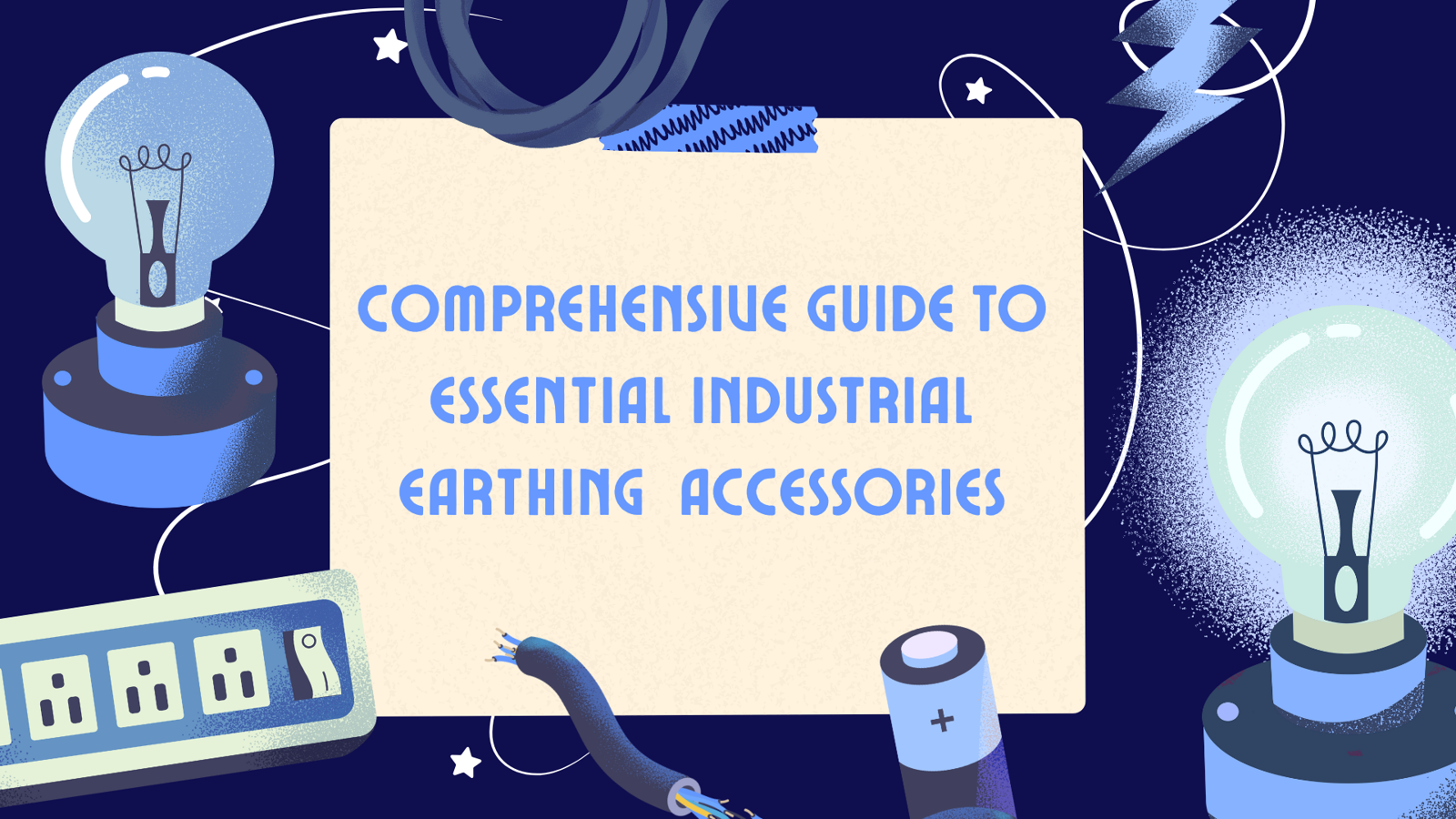

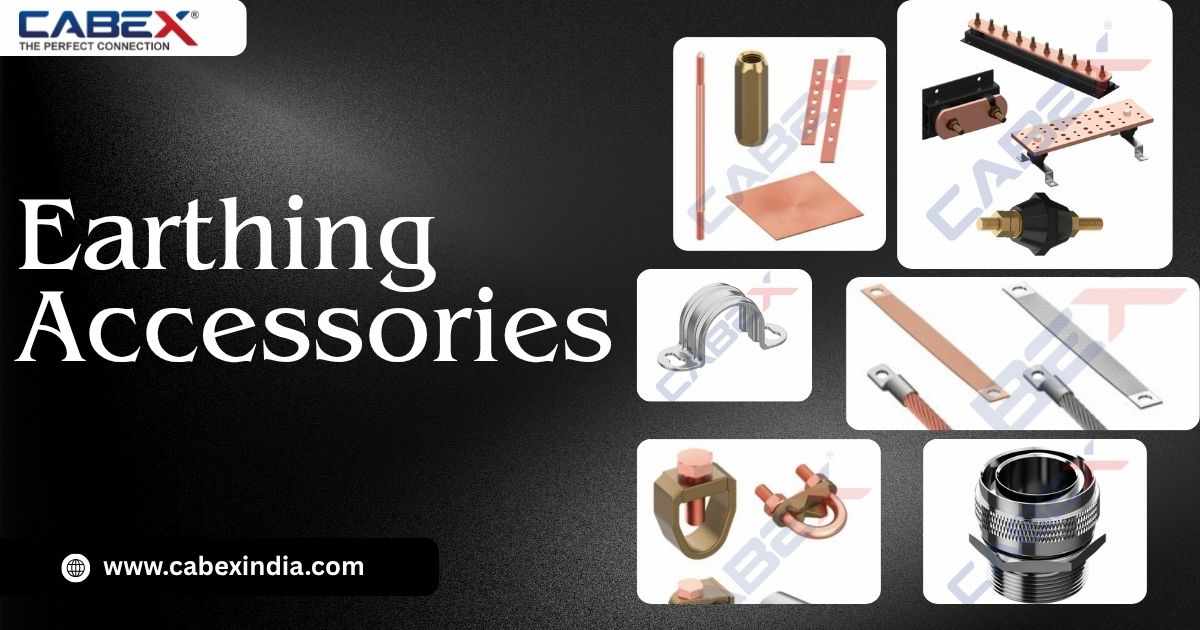
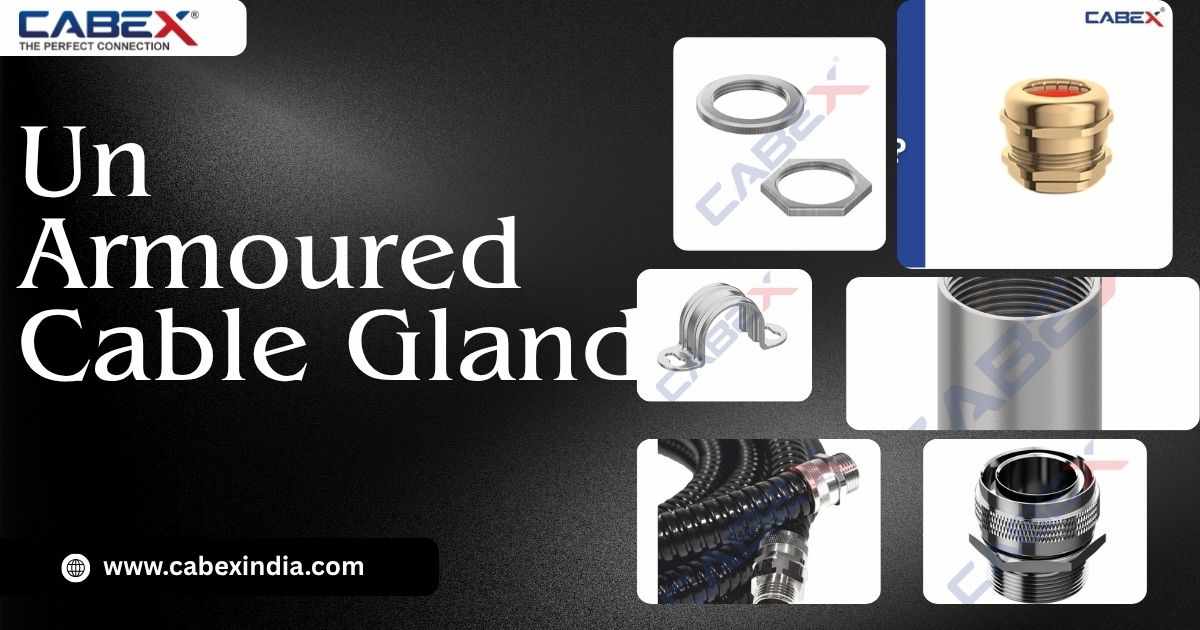
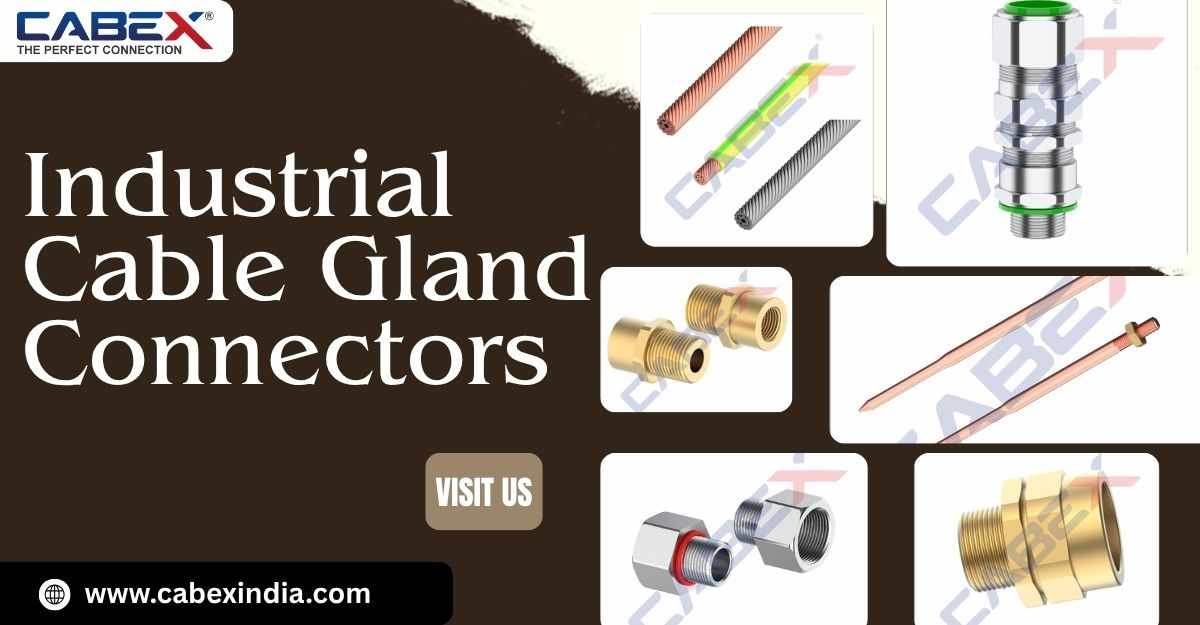
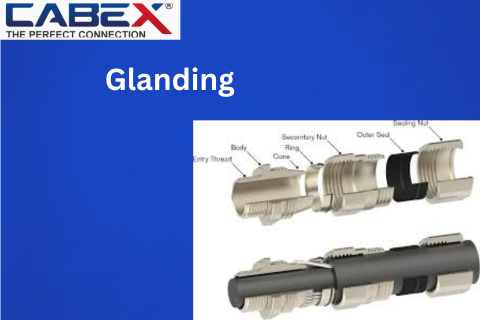

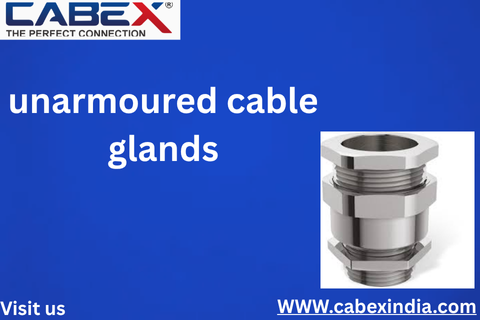
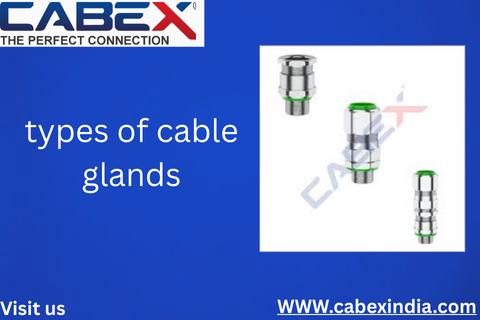
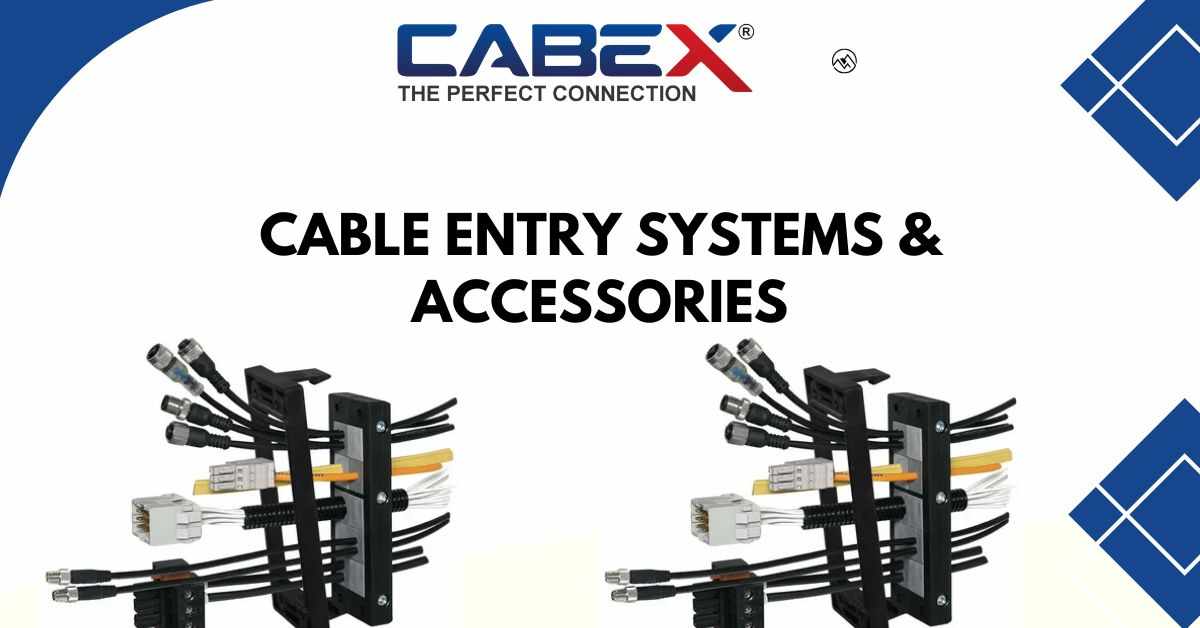

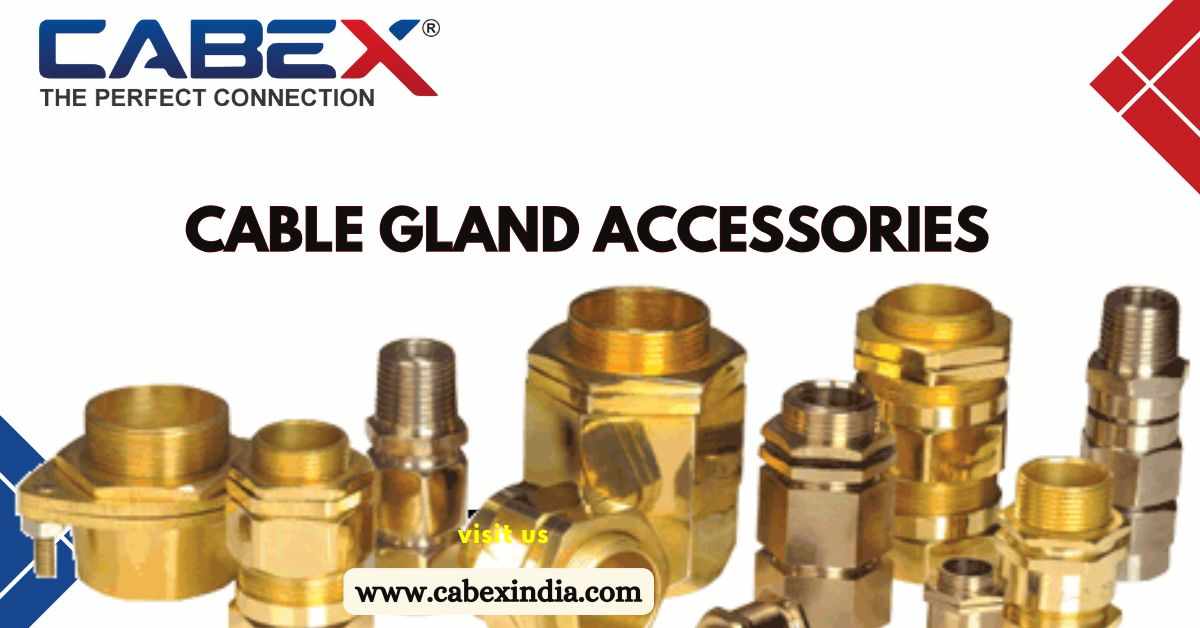







Write a comment ...